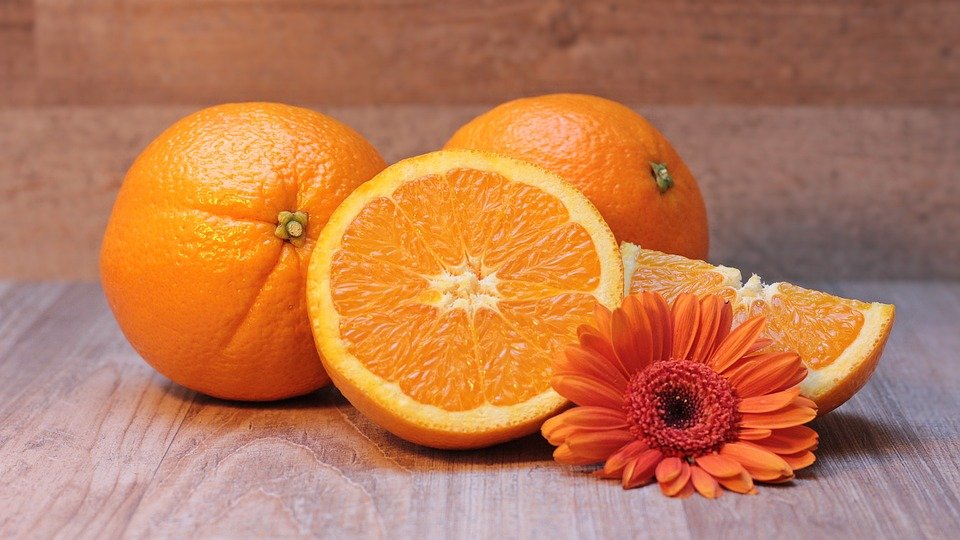From Vegetarian to Vegan: Exploring the Benefits of a Plant-Based Diet
From Vegetarian to Vegan: Exploring the Benefits of a Plant-Based Diet
As awareness of the environmental and health benefits of a plant-based diet continues to grow, many individuals are making the switch from vegetarianism to veganism. While both diets abstain from consuming animal products, there are distinct differences between the two, and the transition from vegetarian to vegan can have a significant impact on both personal health and the environment.
A plant-based diet, whether vegetarian or vegan, emphasizes the consumption of whole, unprocessed foods such as fruits, vegetables, grains, legumes, nuts, and seeds. However, while vegetarians typically include dairy and eggs in their diet, vegans completely abstain from all animal-derived products, including meat, dairy, eggs, and honey.
One of the key benefits of transitioning from vegetarian to vegan is the potential for improved health. Research has shown that a plant-based diet can lower the risk of chronic diseases such as heart disease, high blood pressure, diabetes, and certain types of cancer. By eliminating animal products from their diet, vegans may also experience improved digestion, increased energy levels, and a lower body mass index.
In addition to the potential health benefits, a vegan diet also has a positive impact on the environment. Animal agriculture is a significant contributor to greenhouse gas emissions, deforestation, water pollution, and habitat destruction. By eliminating animal products from their diet, vegans can significantly reduce their carbon footprint and contribute to the conservation of natural resources.
The transition from vegetarian to vegan may seem daunting for some, but with proper planning and education, it can be a smooth and rewarding experience. There are now countless resources available to help individuals navigate the switch, including cookbooks, meal plans, and online communities offering support and guidance.
Some individuals may also be concerned about meeting their nutritional needs on a vegan diet, particularly with regard to protein, iron, and vitamin B12. However, with careful attention to balanced and varied meal planning, these concerns can be addressed and even overcome. Plant-based sources of protein include lentils, beans, tofu, and quinoa, while iron-rich foods include spinach, lentils, and pumpkin seeds. Many vegans also opt to take a vitamin B12 supplement to ensure they meet their daily requirements.
Ultimately, the decision to transition from vegetarian to vegan is a personal one, and the benefits of a plant-based diet extend beyond personal health and environmental impact. By choosing to embrace a vegan lifestyle, individuals can also take a stand against animal cruelty and exploitation in the food industry, aligning their food choices with their ethical beliefs.
In conclusion, the transition from vegetarian to vegan offers a multitude of benefits, including improved health, reduced environmental impact, and alignment with ethical values. With the growing availability of plant-based foods and resources, making the switch has never been easier. Whether driven by health, environmental, or ethical concerns, the transition to a vegan diet holds the potential to transform lives and contribute to a more sustainable and compassionate world.
